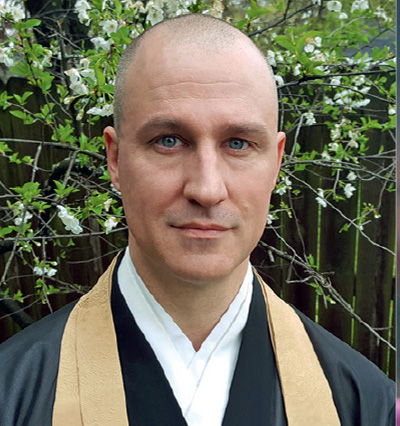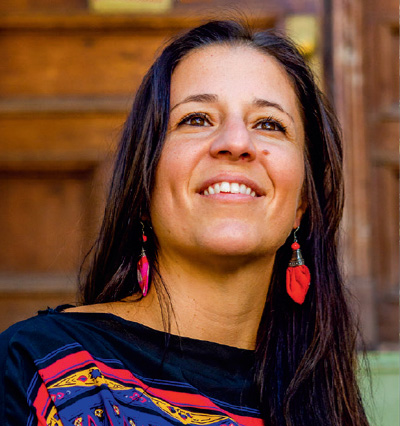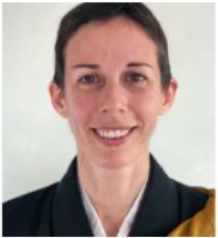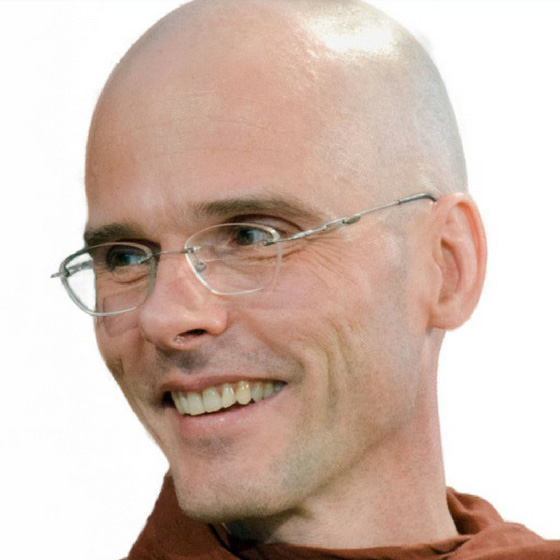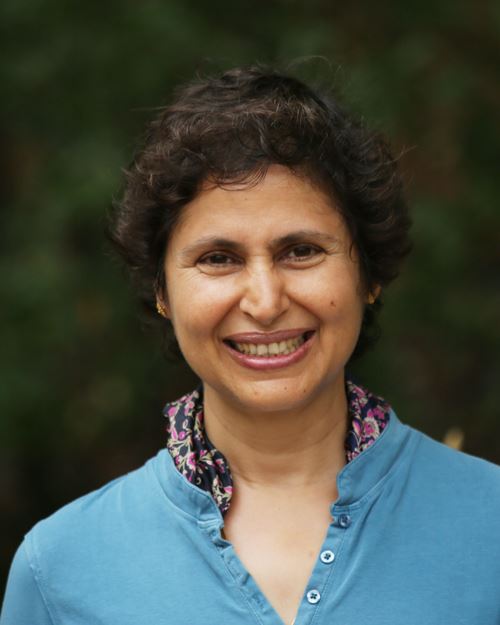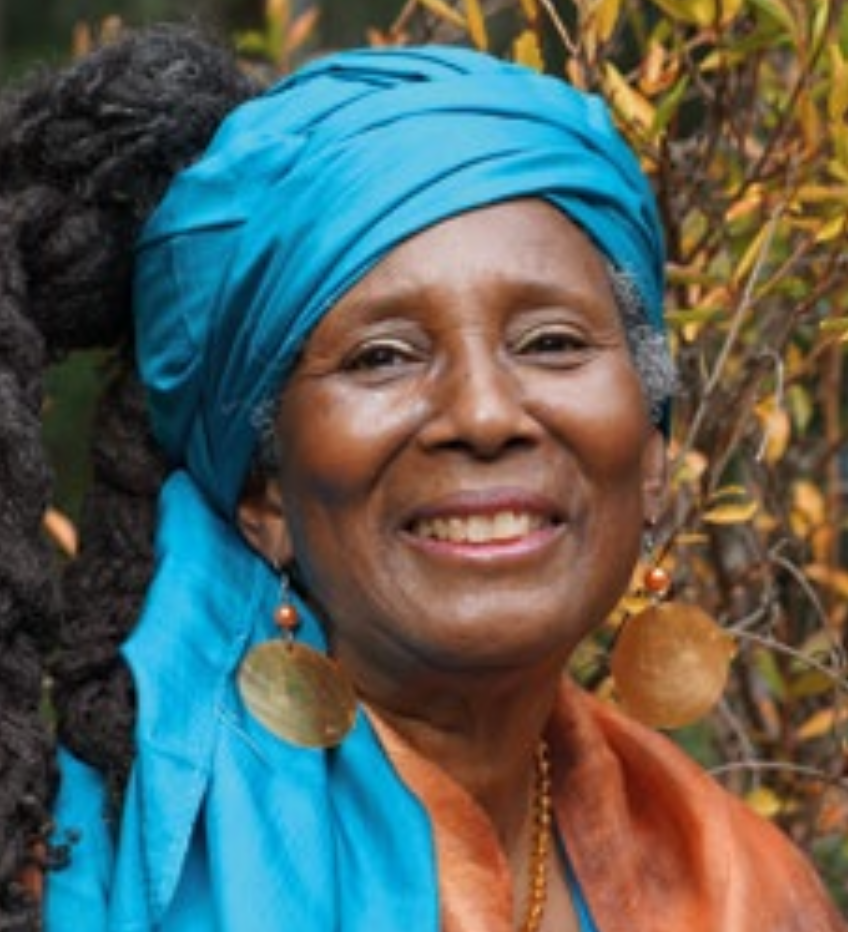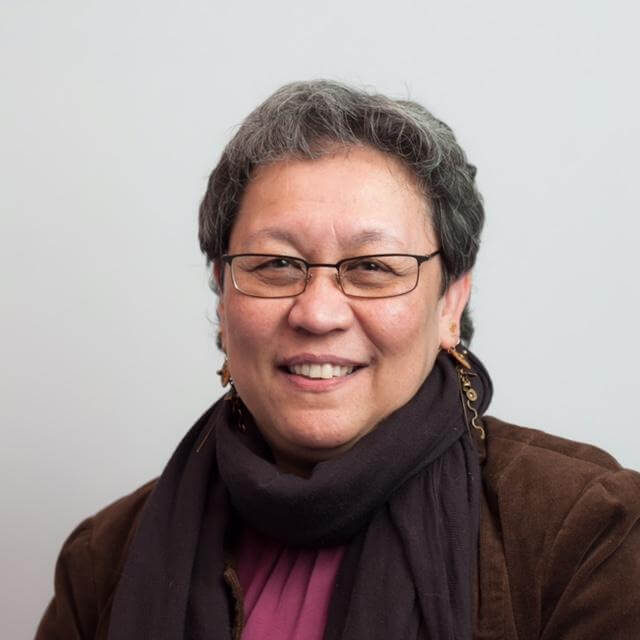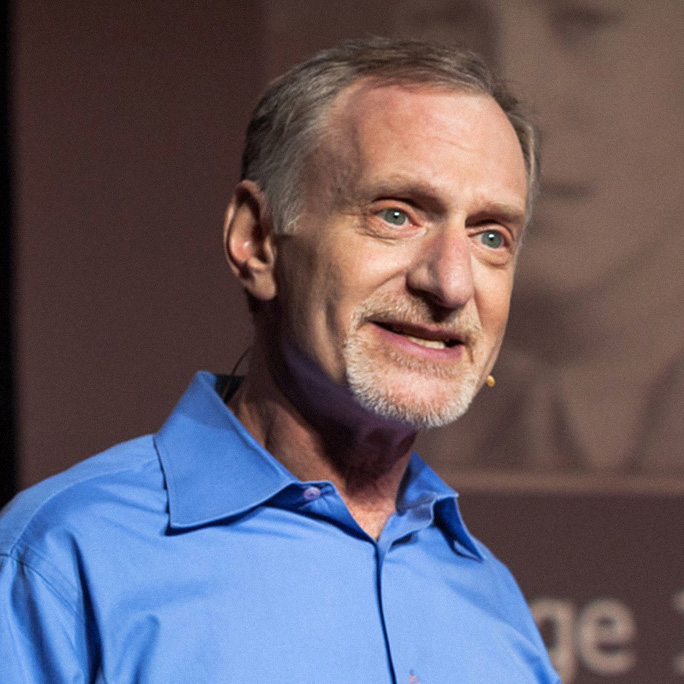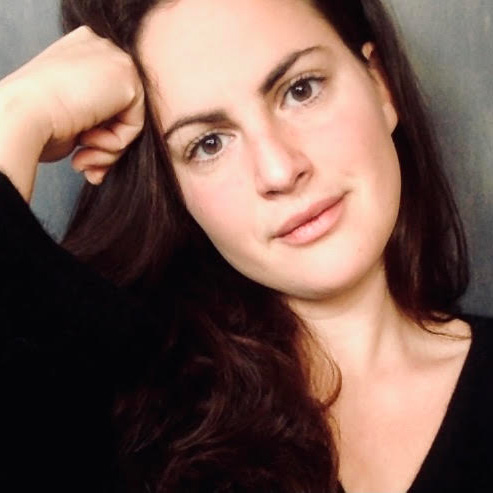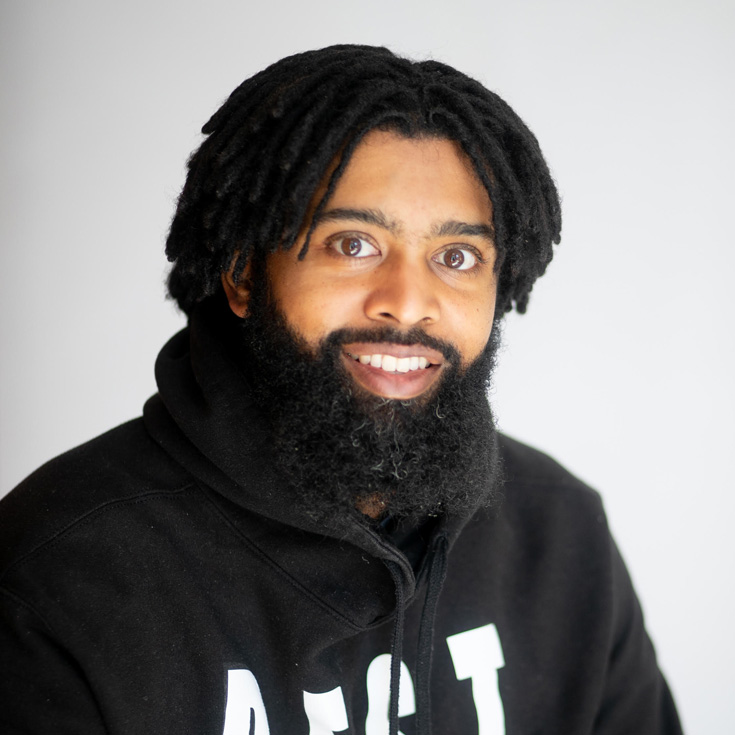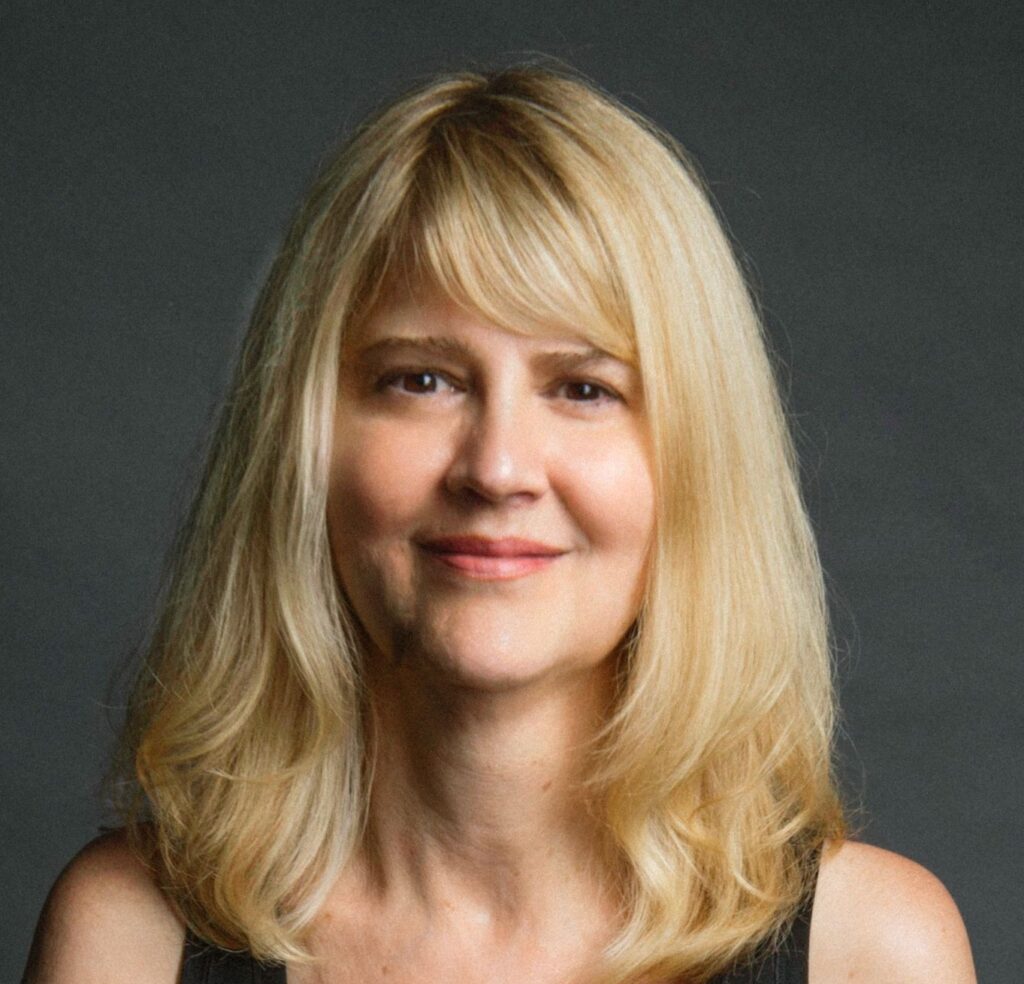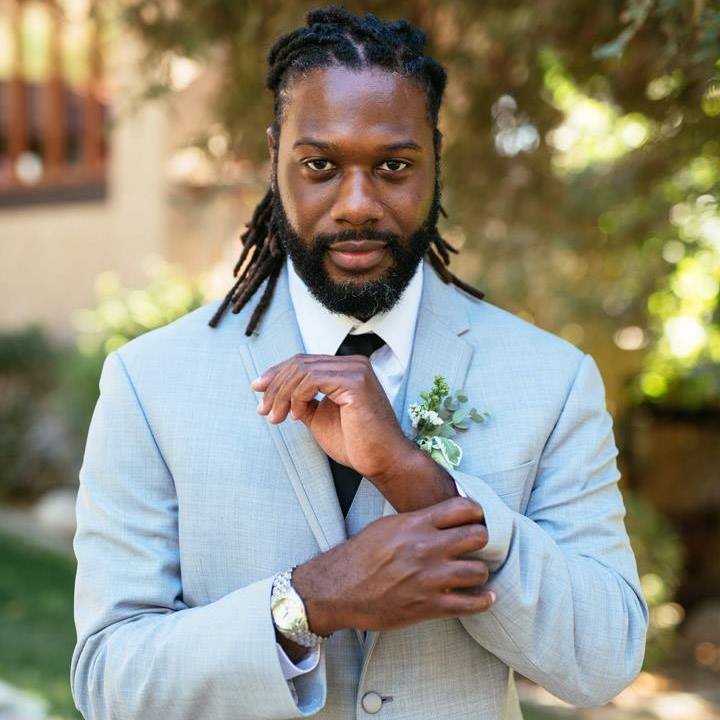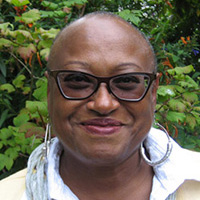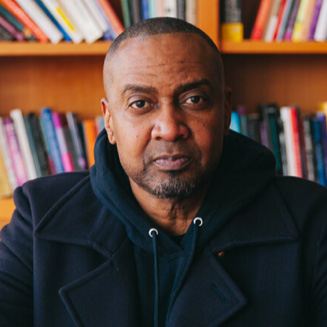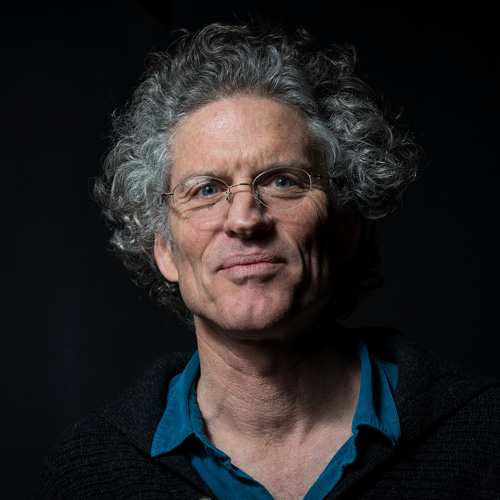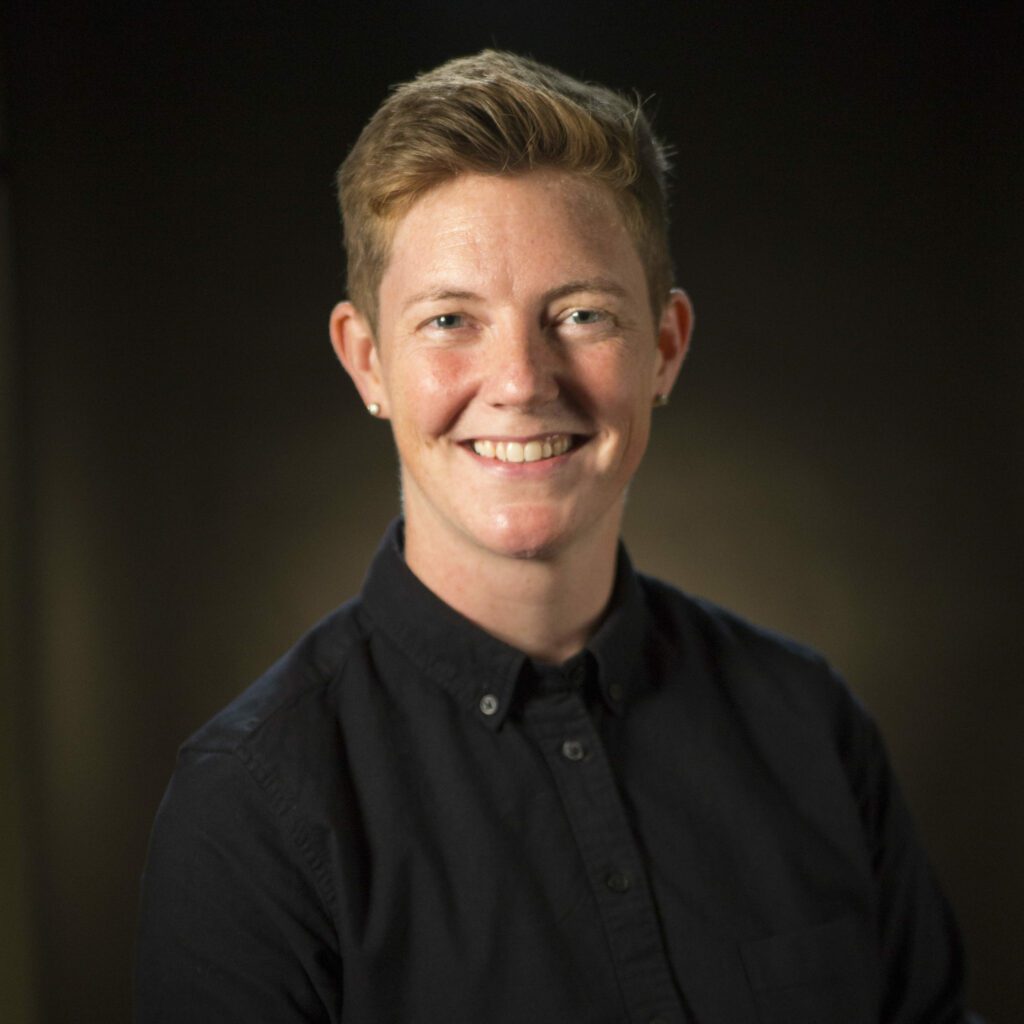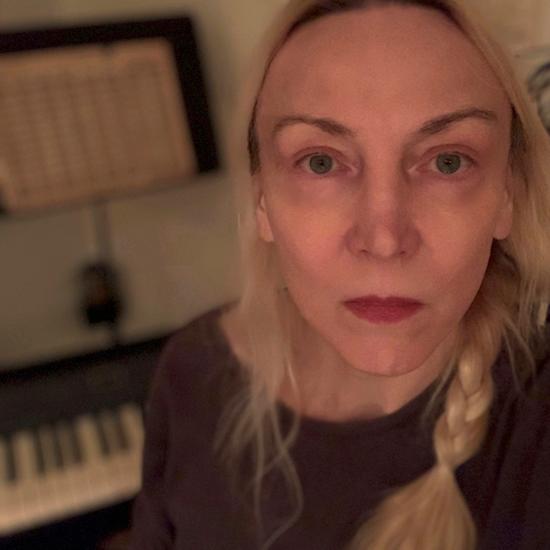Archives: Authors
Meido Moore
Meido Moore is abbot of Korinji, a Rinzai Zen monastery in Reedsburg, Wisconsin.
Roxanne Dault
Roxanne Dault is a guiding teacher at True North Insight (Voie Boréale) in Canada.
Jisho Sara Siebert
Jisho Sara Siebert is a Soto Zen Buddhist priest and teacher at Zen Fields in Ames, Iowa. Led to Buddhism by the suffering she saw in her work to prevent domestic and sexual violence, she found her way to Los Angeles, where she first met her teacher, then to Papua New Guinea, Liberia, Sierra Leone, Uganda, monasteries in Japan, and Haiti. She now works for Beyond Borders, an organization committed to preventing violence against girls and women and ending child slavery.
Bhikkhu Analayo
Bhikkhu Analayo is a German monk and scholar, ordained in 1995 in Sri Lanka. His books include <em>Satipatthana: The Direct Path to Realization </em> and <em>Mindfully Facing Climate Change </em>.
Pawan Bareja
Pawan Bareja, PhD, is a mindfulness teacher and graduate of the Spirit Rock Teacher Training program. As a trauma resolution practitioner, she works with a diverse population of clients.
Arisika Razak
Arisika Razak RAZAK is Professor Emerita at the California Institute of Integral Studies in San Francisco, where she also served as the director of the Women’s Spirituality MA and PhD program and as Director of Diversity. She has been an inner-city midwife for over two decades, has performed nationally and internationally as a spiritual dancer, and has led embodied healing workshops for over thirty-five years. She teaches at East Bay Meditation Center in Oakland.
Lynette Monteiro
Lynette Monteiro is a clinical psychologist and coauthor of <em>Mindfulness Starts Here</em>:<em> An Eight-Week Guide to Skillful Living</em>. She blogs at <a href="http://www.108zenbooks.com">108zenbooks.com</a>.
Robert Waldinger
Robert Waldinger is a psychiatrist, psychoanalyst, and Zen teacher who directs the Harvard Study of Adult Development. He is the <a href="https://www.newtonzen.org/" target="_blank" rel="noopener">Henry David Thoreau Sangha</a>’s resident teacher.
Annie Obermeyer
Annie Obermeyer loves hazelnuts with chocolate, stock from roasted bones, and Brahms <em>Op.118, A Major.</em>
Rashid Hughes
Rashid Hughes (he/him) is a native of Richmond. He is a proud graduate of the Howard University Department of Music and the Howard University School of Divinity. Rashid is a certified Mindfulness and Yoga Teacher and a Restorative Justice Facilitator in Washington DC. In 2019, Rashid co-founded the <a href="https://www.heartrefugemindfulnesscommunity.org/" rel="noopener">Heart Refuge Mindfulness Community</a>, a Mindfulness Community in Washington, DC that is dedicated to inspiring Black, Indigenous, and People of Color to live with love and courage. In 2020, he was selected to be an Affiliate Teacher for the Insight Meditation Community of Washington DC. and he was also invited to be a teacher of the Presence Collective. In 2021, Rashid created the <a href="https://www.mindful.org/r-e-s-t-a-guided-practice-for-the-tired-and-weary/" rel="noopener">Four Pillars of R.E.S.T.</a>, a non-dual contemplative practice that offers four simple but direct pointers for practitioners to connect with the natural clarity of mind with ease. Rashid’s devotion to truth and compassion leads him to teach faith-based and non-religious audiences, including secular Mindfulness Communities, Buddhist Sanghas, and the Black Church. The teachings of James Baldwin, Toni Morrison, and the music of Miles Davis and John Coltrane are deep sources of inspiration and hope for Rashid. Rashid is devoted to helping all people achieve fulfillment through radical honesty and self-compassion. You can find more information about Rashid at <a href="http://www.rashidhughes.com/" rel="noopener noreferrer">www.rashidhughes.com</a>
Lisa Ernst
Lisa Ernst is a meditation teacher, artist and founder of One Dharma Nashville. In her teaching, Lisa emphasizes both transformational insight and everyday awakening as an invitation to embrace all of the path’s possibilities. Lisa has been meditating for 30 years in the Zen and Vipassana traditions. She received dharma teaching authorization through Trudy Goodman in the Thai Forest lineage of Ajahn Chah, Jack Kornfield, etc.
Ralph H. Craig III
Ralph H. Craig III is a PhD candidate in Religious Studies at Stanford University. He is a scholar of South Asian Buddhism and American Buddhism, and he has published in the <em>Buddhist-Christian Studies</em> journal, the <em>Japanese Journal of Religious Studies</em>, and on the American Academy of Religion’s Reading Religion website.
Shahara Godfrey
Shahara Godfrey is a core teacher at the East Bay Meditation Center and holds a PhD in Transformative Learning from California Institute of Integral Studies.
Resmaa Menakem
Resmaa Menakem, MSW, LICSW, SEP, has served as director of counseling services for the Tubman Family Alliance; as behavioral health director for African American Family Services in Minneapolis; as a domestic violence counselor for Wilder Foundation; as a certified Military and Family Life Consultant for the U.S. Armed Forces; as a trauma consultant for the Minneapolis Public Schools; and as a Cultural Somatics consultant for the Minneapolis Police Department. As a Community Care Counselor, he managed the wellness and counseling services for civilians on fifty-three US military bases in Afghanistan. He currently teaches workshops on Cultural Somatics for audiences of African Americans, European Americans, and police officers, and is a therapist in private practice.
David Hinton
David Hinton has published numerous books of poetry and essays and many translations of ancient Chinese poetry and philosophy. This widely acclaimed work has earned Hinton a Guggenheim Fellowship, Landon Translation Award, PEN American Translation Award, and a lifetime achievement award by the American Academy of Arts and Letters.
Constance Kassor
Constance Kassor Ph.D. is an assistant professor of Religious Studies at Lawrence University in Appleton, Wisconsin, where she teaches courses on Buddhist thought and Asian religious traditions, with a special interest in how Buddhism relates to questions of social justice and gender. She is the creator and voice of <em>Religious Lessons from Asia to the World</em>, a ten-part program on Audible. For more information visit <a href="http://constancekassor.net/">constancekassor.net</a>
Barbara Gates
Barbara Gates is the author of <em>Already Home: A Topography of Spirit and Place</em> and a founding editor of the Buddhist journal Inquiring Mind (1984–2015).
Austin Mabry
Austin Mabry is a former Buddhist monk in the Plum Village Tradition. He currently lives and practices at Morning Sun Mindfulness Center in rural New Hampshire.
Michael Imperioli
Michael Imperioli is an actor known for his role as Christopher Moltisanti on The Sopranos. He’s also a movie director, musician, and novelist.
